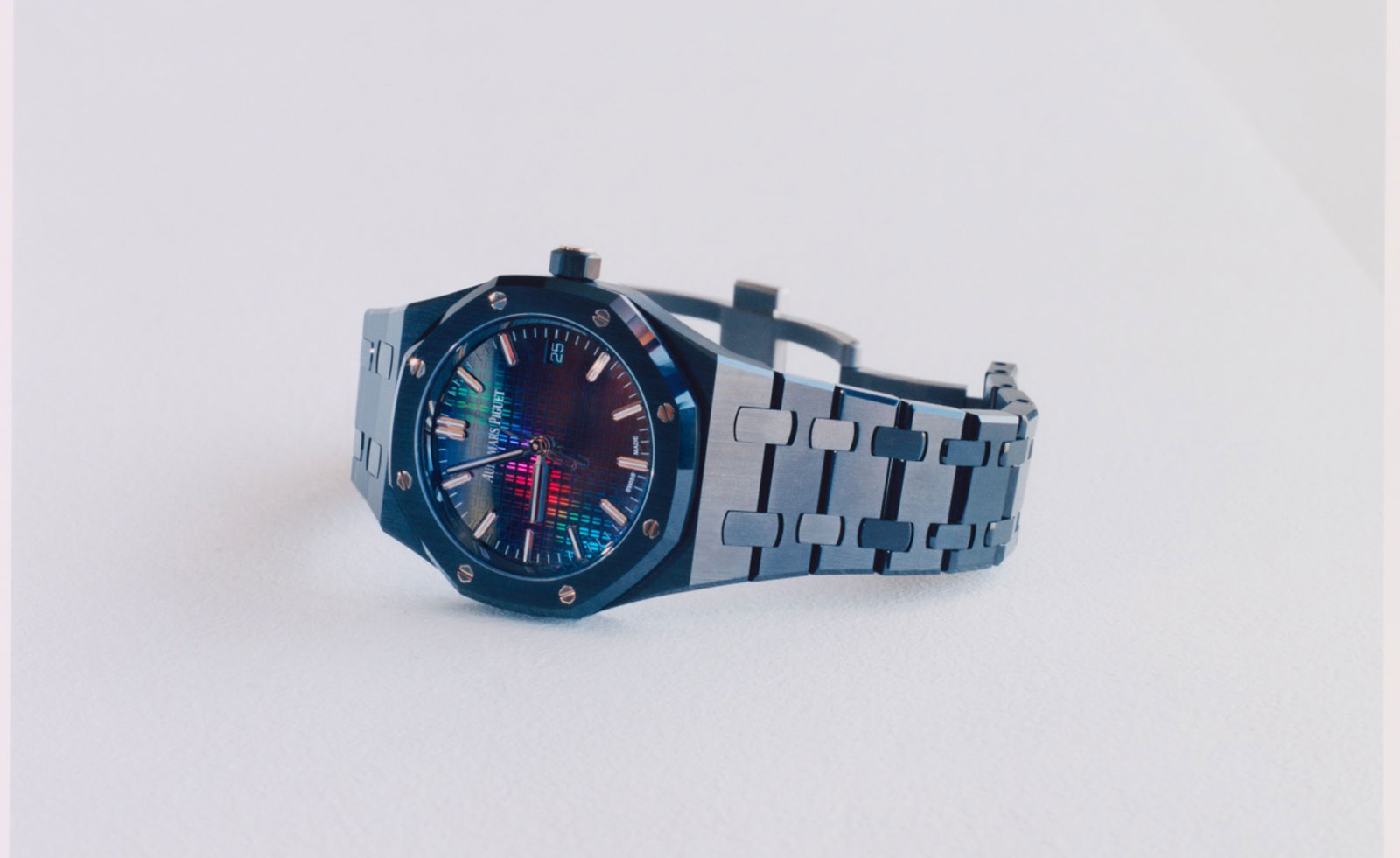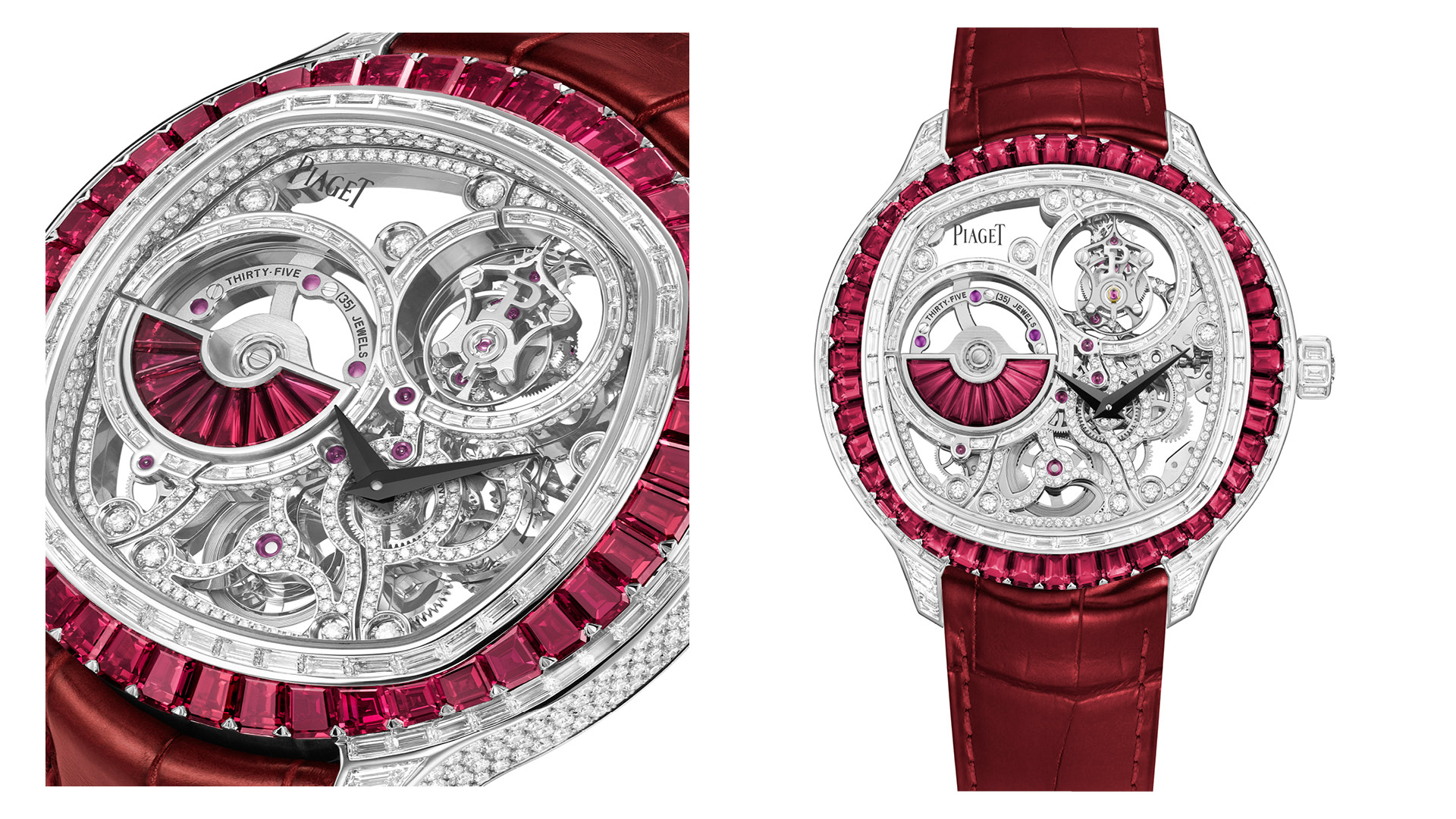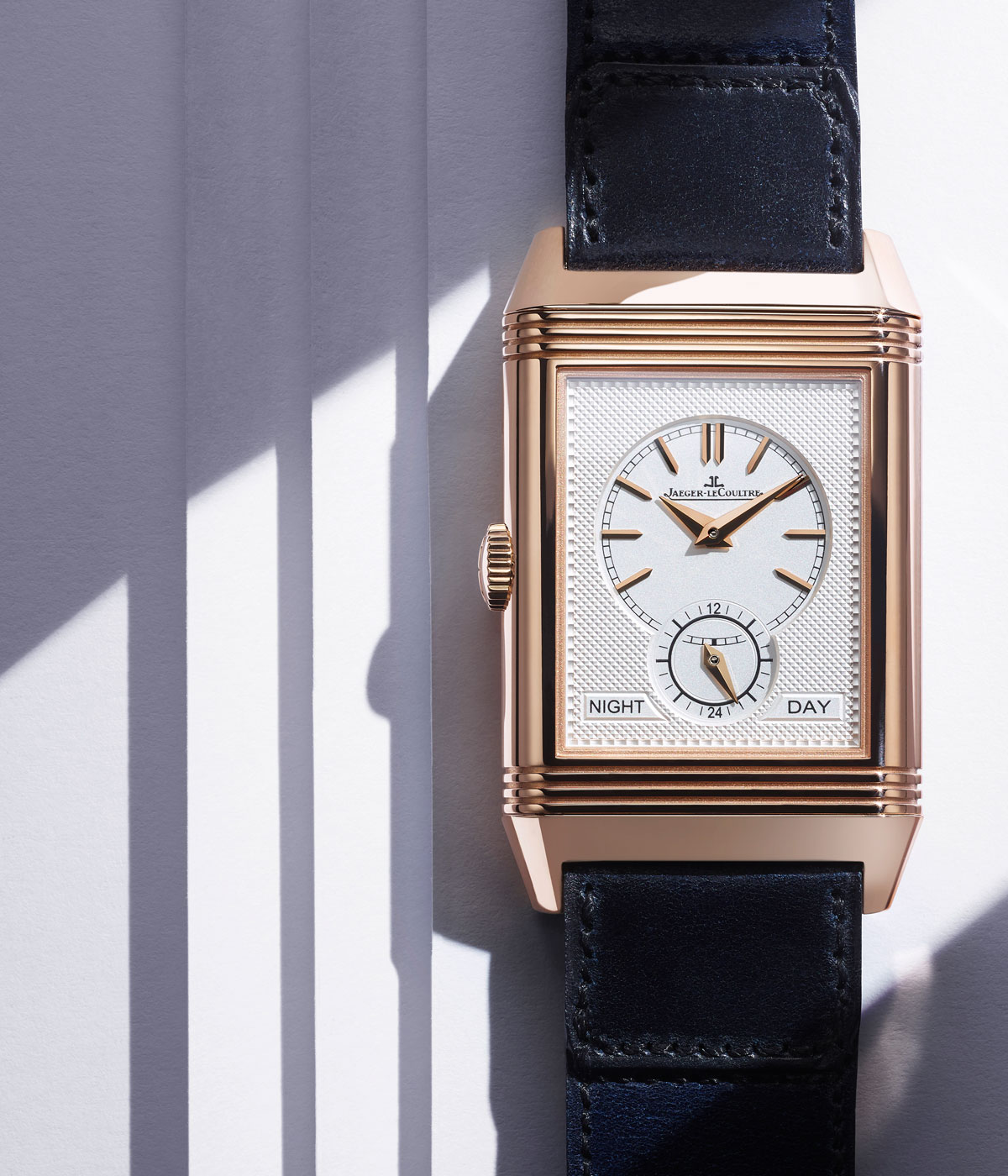
When the Orient watch brand recently started referring to two of its more popular watches – the Bambino and Mako – by name, it wasn’t because of some decision within the company. ‘It was consumers who had named watches which until that point had just had reference numbers,’ says the brand’s senior business manager for Europe, Wiebke Bird. ‘And the names given work because they refer to what people like about the watches – that the Bambino, for example, perhaps speaks to that mid-1950s Italian lifestyle.’
This isn’t the first time the consumer has taken over, of course: fans have given Seiko watches, for instance, nicknames such as the Monster, the Samurai and the Tuna Can; Zenith watches, the Cover Girl and the Superman Blue. It’s a testament maybe to just how unwieldy watch reference names are from the consumer perspective.
But also to how the right name helps to define an icon over time: among the more acclaimed new models of 2024 have been new iterations of the well-established likes of Piaget’s Polo, Tag Heuer’s Carrera, Vacheron Constantin’s Fiftysix and Jaeger-LeCoultre’s Reverso. Would these have become classics without their names?
The best name given to a new-ish model? Perhaps Ming’s Bluefin, H Moser’s Streamliner, Norqain’s Wild One, Shinola’s Mackinac, Baltic’s Hermetique or Paulin’s Oh No. (It’s a testament to how dependent the industry is on established model lines that innovation falls mostly to independent or micro-brands.)

‘A product name helps personify a watch – it makes it more endearing, more alive [and aptly so for a product that is so personal],’ argues Romain Marietta, director of product development for Zenith. ‘The design [of a watch] is much more important but the name has an impact for sure, [such that] it’s hard to imagine a watch with a bad name selling.’
If you’re lucky – or come up with a genre-defining design – your watch’s name comes close to transcending even the brand: the Submariner, the Speedmaster, the Royal Oak. But naming a watch isn’t easy, which is why many prefer to codify a model – as with Ressence’s new Type 5L, Braun’s BN0279 or Bell & Ross’s BR-03, for example. Bell & Ross claims this gives its models a more technical, function-forward vibe akin to the naming logic often applied by many companies in the car business, notably Audi and Mercedes.
‘We wanted to get away from those very descriptive, emotive words [chosen for names] – the kind that have that very 1950s feel of telling you what the product does and how well it does it,’ says Lewis Heath, founder of AnOrdain, whose Model 1 has been followed by Models 2 and 3. ‘We didn’t want anything to colour perception of the watch, though we have been told the choice was very unimaginative.’
As Bird points out, another problem is the sheer volume of new models. ‘When you think of the thousands of watches launched every year, just finding a name that hasn’t been used before is hard. And giving a name when you’re managing an international business – when a name may have alternative meanings that don’t work in all markets – is also a challenge.’

Even so, while a quick survey of 20th-century watch releases brings up some great names – Omega’s Ploprof, Favre’s Moon Raider, Heuer’s Monaco, Ulysse Nardin’s Freak, by turns evoking the technical, the futuristic, the exotic, the provocative – very few watch companies use external branding agencies to help them find good options. Zenith, for example, uses an in-house committee of six people who chew over a selection and decide on a name often very close to launch date.
According to Marietta, in one sense, giving naming any more effort is hardly worth it, since legally owning and protecting a name worldwide is arduous and expensive, especially for a watch model that – who knows? – may fade from view or be replaced in a matter of just a few years. ‘A car model, in contrast, may be produced for decades,’ he says.
And sometimes the best names are just happy accidents anyway. When Jaeger-LeCoultre launched its Polaris in 1968 it was originally, snappily, called the E859. It was a US sales agent who decided to rename it himself. Those who might have said that taking a name from the nuclear missile system brought into service a few years prior was not the best idea would appear to have been proven wrong.





